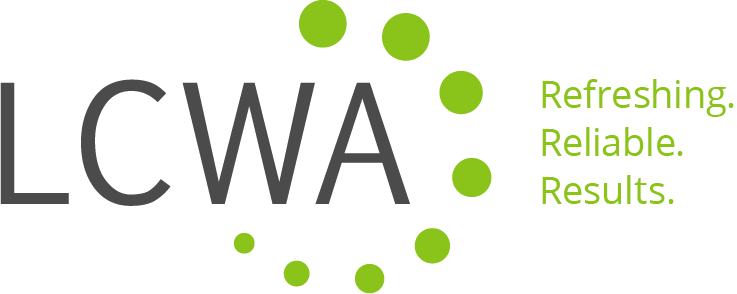March 9, 2017

Our health care PR team attended a great Publicity Club of Chicago luncheon on Wednesday. “Taking the Pulse of National Health Care Media” featured an esteemed panel consisting of Charlie Brooks, producer for CBS Evening News, K. Aleisha Fetters, a freelance contributor to leading health and fitness publications, and Lori Rackel, editor of the Chicago Tribune’s health and family section. The session was moderated by Suzanne McBride, chair of the Communication and Media Innovation Department at Columbia College Chicago.
The topic was an important one for LCWA, as we work to get national media attention for our health care clients like AASM and UCAOA on an ongoing basis. Some of the top insights we will be considering as we develop strategies and pitches moving forward include:
- Right now, all health news is national news. Given the attention placed on the potential replacement of the Affordable Care Act and commentary from all facets of the health care industry, any news from hospital systems, corporations or associations will be more closely watched than usual – for better or worse!
- Addiction and weight loss stories are tops with readers. All of the panelists agreed that stories on alcohol and opiate addiction are major topics of interest these days, and weight loss stories always drive clicks online, making these two topics that resonate with both readers and reporters.
- Local focus is diminishing – even for local papers. Rackel noted that the Tribune is responsible for creating articles that will be fed to sister papers all over the east coast and country, leading to stories that are less locally-focused and more appropriate across the nation. This is a big change from the “keep it local” mentality of papers in the past.
- The quickest to respond, wins. The panel reinforced something we know very well – that the first expert to respond to a request is the one reporters will rely on, time and again. Responding to media immediately, and developing a process that makes spokespeople available quickly, will drive national coverage and lead to ongoing relationships with media.
- Show, don’t tell. Video is important to media in all channels, as even newspapers and magazines have to supply supporting content for their online channels. Producing high-quality raw footage that can be used by outlets will increase the chances of landing a story.
We appreciate the insights offered by these high-profile media contacts, and look forward to putting them into action for our healthcare public relations clients in the future.
